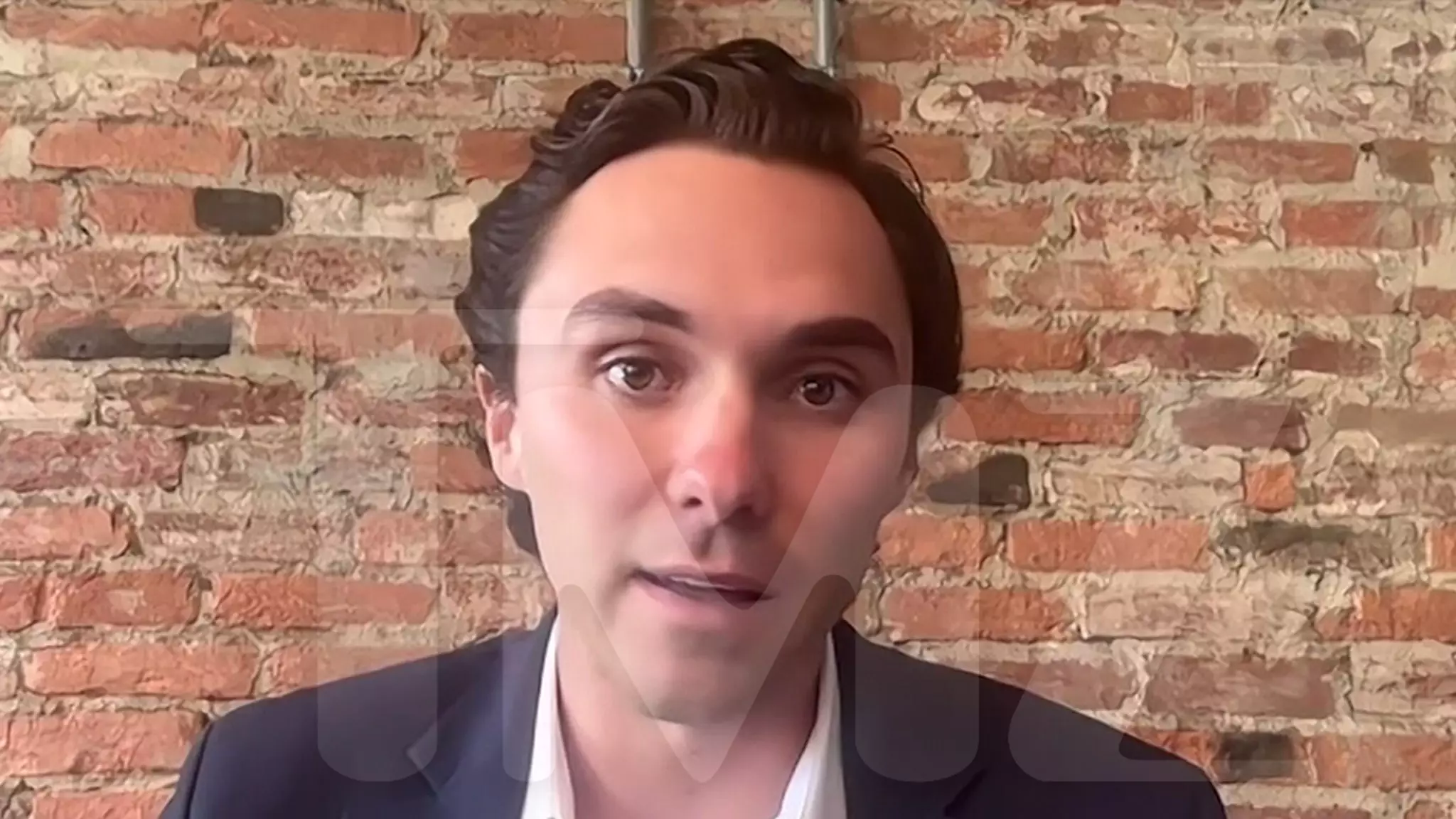In a bold move that underscores the urgency of political reform, the Democratic National Committee (DNC) is stepping into uncharted waters by targeting members of its own party who have not met the expectations of their constituents. David Hogg, the dynamic vice chair of the DNC and a prominent voice for change since surviving the Parkland shooting, articulates a refreshing vision of accountability and revitalization.
Hogg is clear about the DNC’s intentions: it will actively seek primary challengers against incumbents deemed ineffective, regardless of their age or tenure in office. This approach signifies a departure from traditional power dynamics that often lean towards protecting established politicians, even when their performance is questioned. Instead, the DNC is adopting a fresh perspective that assesses Congress members by their output and responsiveness to the needs of their constituents, rather than their longevity in office.
Age Is Just a Number, Performance Is Key
What stands out in Hogg’s narrative is the emphasis on effectiveness over age. The notion that older politicians cannot innovate or that younger politicians might inherently be more effective is rejected outright. This paradigm shift opens the door for a more nuanced evaluation of leadership. It’s a reminder that maturity does not equate to efficacy and that innovation can emerge from any age group. The DNC’s willingness to evaluate incumbents on their performance, regardless of how long they’ve served, signals a maturation of the party’s ideology, one that prioritizes results over loyalty.
Hogg’s remarks also shed light on the dismal approval ratings for the Democratic Party, which has stirred concern within its ranks. With only 26% of self-identified Democrats believing the party is on the right track, it’s evident that the status quo is no longer tenable. The party’s failure to engage with a wider demographic, particularly the younger and less educated segments of the electorate, presents a critical challenge that Hogg and his colleagues are poised to tackle.
The Need for a Compelling Narrative
Hogg emphasizes the necessity of providing voters with compelling reasons to support the Democratic agenda, rather than relying solely on the negative contrasts with Republican counterparts. This shift demands creativity and genuine engagement with the electorate, going beyond platitudes to instill hope and foster a sense of community around shared values. In a climate where many feel disenfranchised, the call for meaningful dialogue is not just refreshing; it’s essential for restoring trust in the party.
As someone who rose to prominence through activism and advocacy, Hogg represents a potential new chapter for the DNC. His background as a gun control advocate is more than just a personal story; it’s a testament to the power of grassroots movements in igniting change within established political structures. By harnessing that same energy and passion for reform within the party, there exists a genuine possibility for a generational shift in how Democratic leaders connect with their constituents.
The landscape of American politics is rapidly evolving, and as the DNC looks to reshape its identity and approach, the stakes have never been higher. Hogg’s vision may just be the catalyst for transforming not only the party’s fortunes but also the broader political discourse in the United States. The upcoming years will undoubtedly be pivotal in determining if this rejuvenation can deliver on its promises and resonate with a weary electorate craving authenticity and action.

